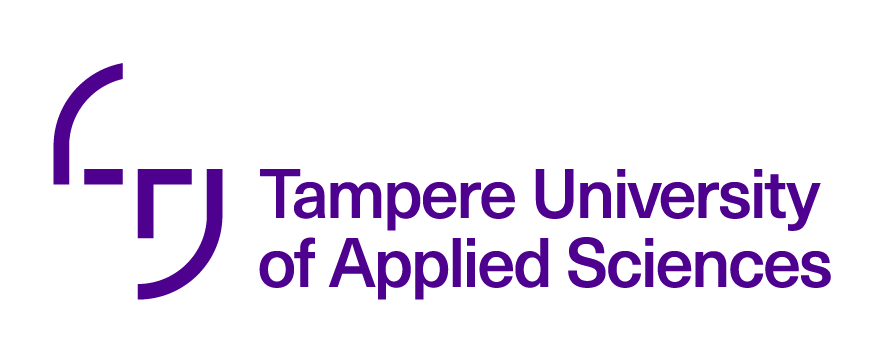Basics of Lean thinking (3 cr)
Code: NN00GE23-3002
General information
Enrolment period
15.11.2023 - 15.11.2024
Timing
01.01.2024 - 15.12.2024
Credits
3 op
Virtual portion
3 op
Mode of delivery
Distance learning
Campus
TAMK Main Campus
Teaching languages
- English
Seats
0 - 100
Teachers
- Mika Moisio
Person in charge
Aija Paananen
Groups
-
24CAMPUSONLINECAMPUSONLINE
-
VAPAA
Objectives (course unit)
The student knows the history of the lean philosophy and the key lean principles.
The student knows the key tools and their suitability for various development needs .
Students can identify development targets in their own operations from a lean perspective and choose the appropriate tool for the development target from the lean tools they know.
The student knows how to observe daily processes from a lean perspective and identify development opportunities in processes.
The student is ready to start life-long learning in lean thinking.
Content (course unit)
The basics of lean thinking is a self-study, illustrative course. The goal of the study course is to awaken the student's lean thinking in their daily activities, both at work and in their free time.
The content of the course includes the history of lean, key lean principles and tools.
The course contains interactive videos, teaching material, recordings, self-study assignments, midterm exams and a final exam.
Prerequisites (course unit)
None
Assessment criteria, pass/fail (course unit)
PASS
Student will pass the course after finishing all the tasks in Moodle.
For passing the course, the student should have understanding of
-History of Lean
-Basic terminology of Lean
-How to look activites and entities through 'Lean glasses'
-How to begin lean journey in enterprise using Lean principles
-Most commont tools used analysing and developing Lean enterprise
This is verified by interim exams, assignments.and final exam.
FAIL
Student does not have understanding of the five fields mentioned above. The student has not verified his competence in the required interim exams, assignements.and final exam.
Location and time
Course is open until 2024 December
Exam schedules
Exams will be re-opened on request.
Assessment methods and criteria
Student is passing course after finishing all tasks in Moodle.
After passing student will have understanding of
-History of lean
-Basic terminology of lean
-How to look activites and entities through 'lean glasses'
-How to begin lean journey in enterprise using lean principles
-Most commont tools used analysing and developing lean enterprise
This is verified by interim exams, assignements.and final exam.
Assessment scale
Pass/Fail
Teaching methods
Online course, with materials and tasks in Moodle learning environment.
Course consists of video presentations, videobased excercises, excercises in daily life, online interim exams and final exam.
Student is able to perform this course independently, fully online.
Support as needed is available on request. (eg.Teams meeting or dicussion area)
Learning materials
Lean thinking, James P. Womack, Daniel T. Jones,
Materials available in Moodle area.
Student workload
One credit is 27 hour of students work. Evaluated time consumtion is 81hours in total
Content scheduling
Course is intended to progress step-by-step, creating lean thinking mindset for student.
Student can freely choose studying times until course is closed, see exception below.
Each step needs to be completed before moving to next step. Otherwise it is not limited when student will learn modules.
Completion alternatives
None
Practical training and working life cooperation
None
Further information
Pay attention to lean principle 'Right first time'. Exams are possible to try once. Then you need to send request for re-opening exam. Send possible requests to: mika.moisio@tuni.fi. After three trials of the same exam you will be rejected from course.
Don't worry: If you seriously pay attention and follow instructions there should be no problem to pass exams and whole course.
